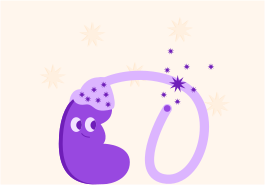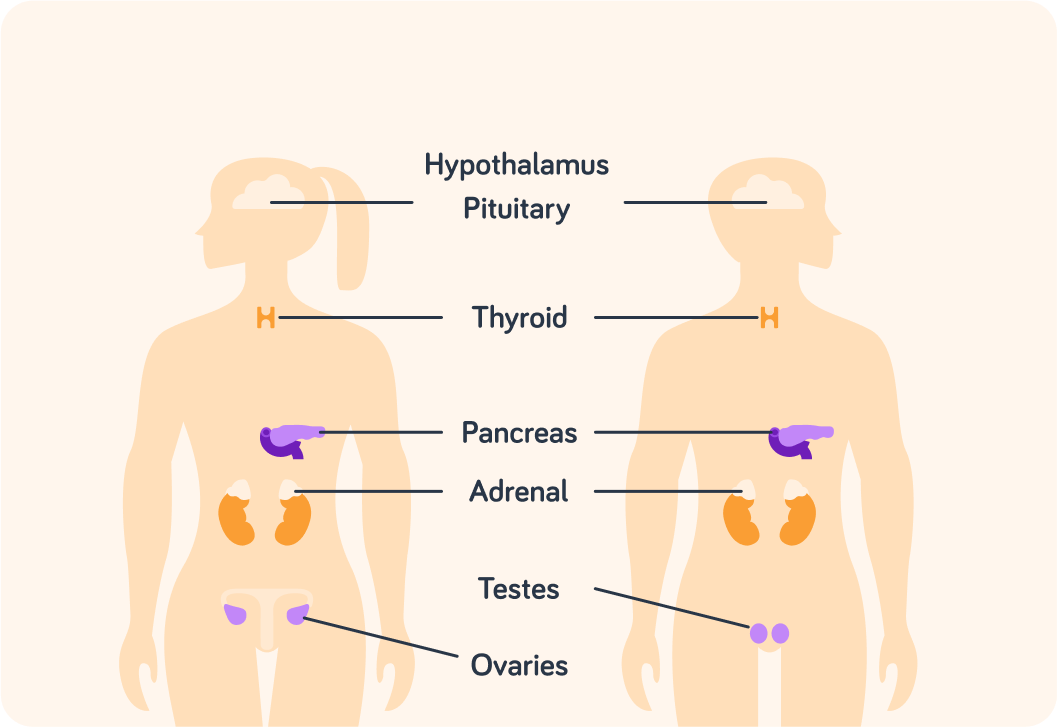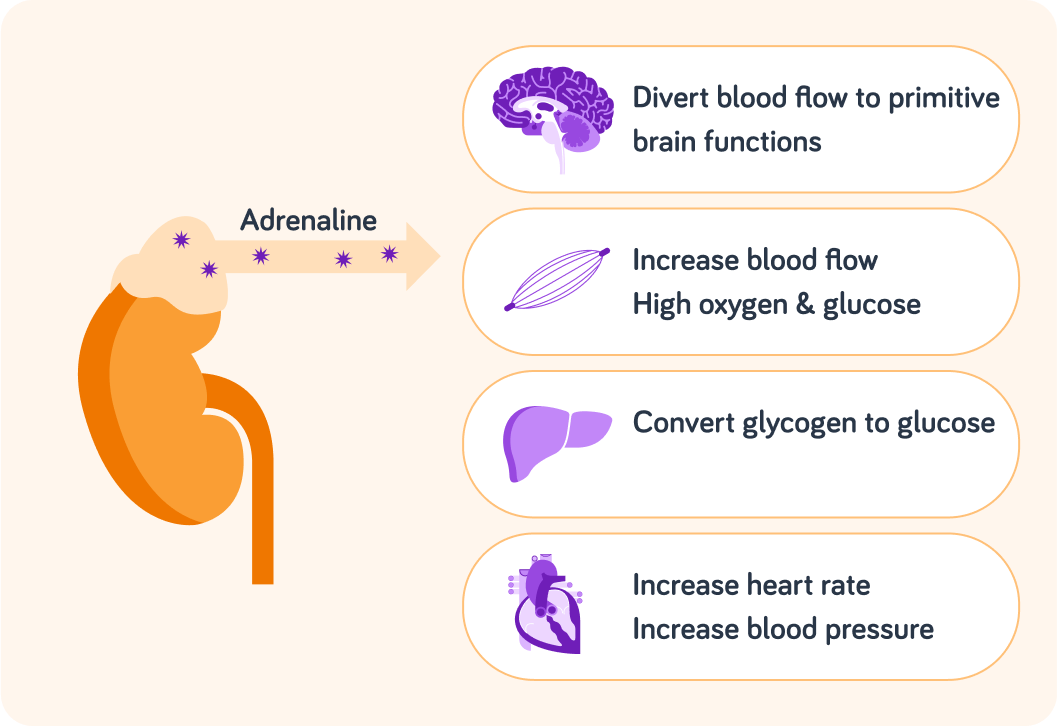YOU ARE LEARNING:
Adrenaline

Adrenaline
Adrenaline is a hormone produced by adrenal glands that prepare the body for 'fight or flight' response.
Adrenaline is one of the hormones produced by the glands in the body's endocrine system.
Adrenaline is secreted by the adrenal glands.

Where in the body are the adrenal glands found?
A) Below the liver in the upper abdomen B) At the base of the brain C) Above each of the kidneys D) In the neck


A hormone is a chemical secreted from a gland...

Adrenaline is secreted from the adrenal glands at times when the body may need to react quickly to a situation, such as a threat or a fright. Which of these phrases is used as a summary of these possible actions?

The idea of fight or flight comes from our evolution. In the wild when confronted by a situation that could harm you or your tribe, it made sense to run away or, if that was not possible, defend yourself.
In a modern society these can be inappropriate responses. It is an important part of maturing into adulthood to learn to control these responses.
To prepare the body for action, the adrenal glands are stimulated by other hormones from the hypothalamus and the pituitary gland at the base of the brain. True or false? The adrenal glands are the target organs of these hormones.

Once secreted, the adrenaline flows around the body and affects several organs. Which effects do will adrenaline have on the heart and the blood flow? Pick all the options you think are correct?

You can select multiple answers
How might adrenaline affect the blood vessels?

You can select multiple answers
What does the extra blood flow to the chest muscles (the intercoastal muscles around the rib cage and lungs) make possible? Pick all the options you think are correct.

You can select multiple answers
What might adrenaline do to the liver?

Adrenaline has different effects on its various target organs.
The overall effect is to prepare the body for fast, instant physical action as a self-defence mechanism.

How might we describe the speed of the action of adrenaline on its target organs?
A) Slow acting, long term changes B) Fast acting, long term changes C) Fast acting, short term changes D) Slow acting, short term changes


